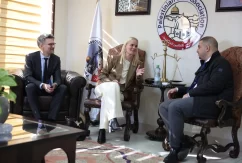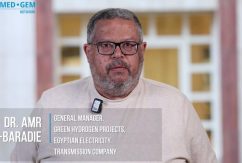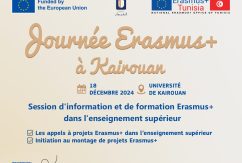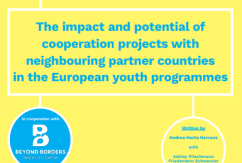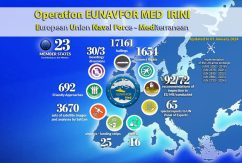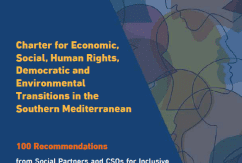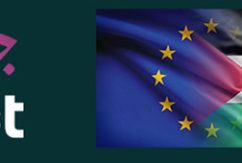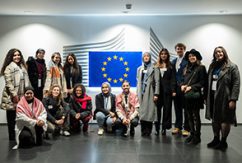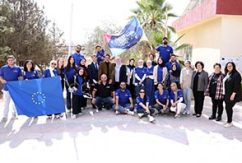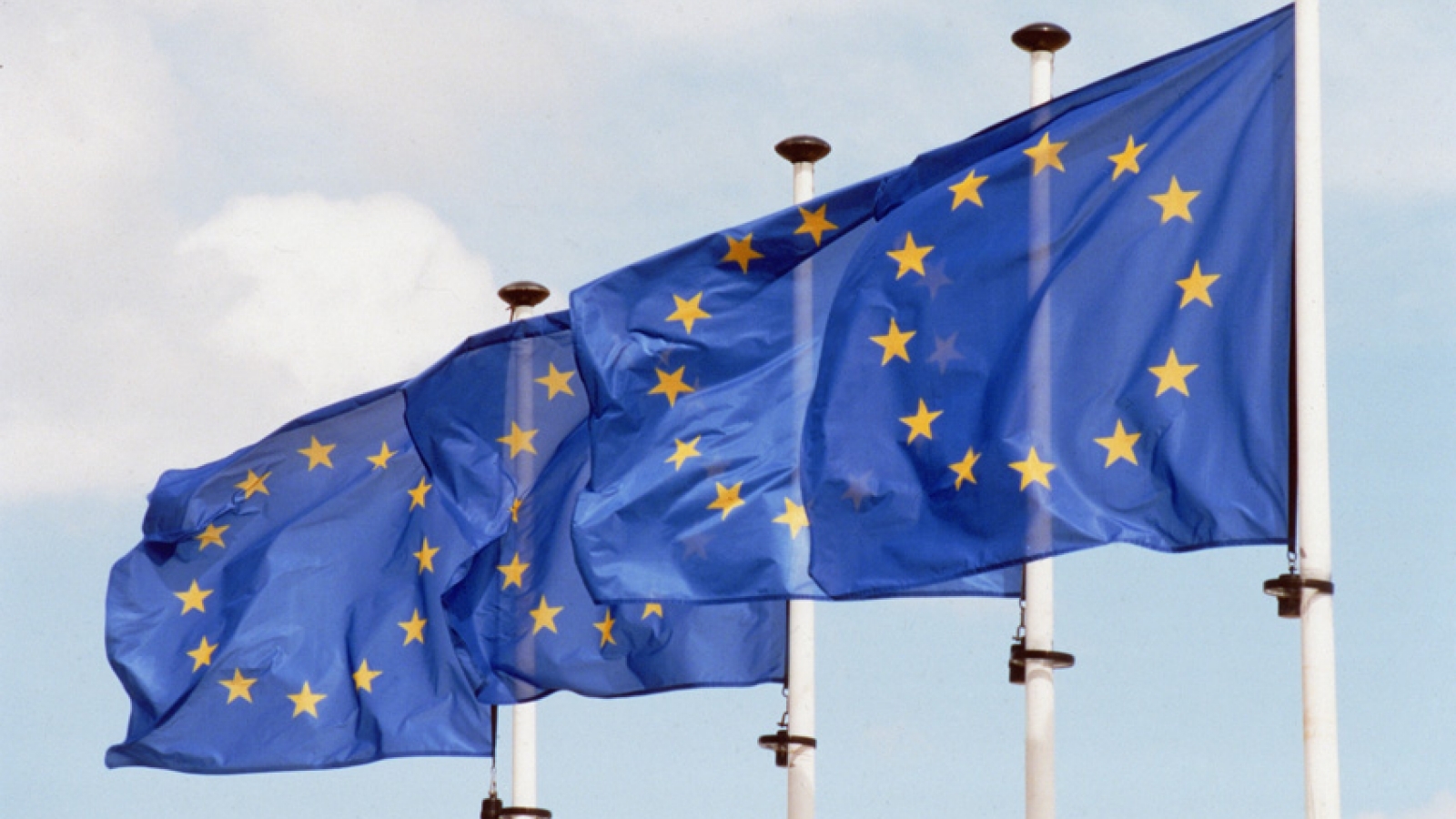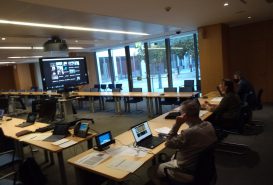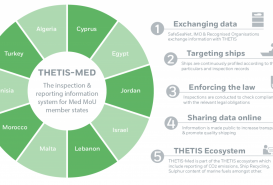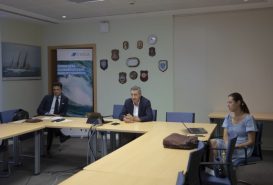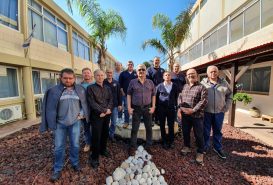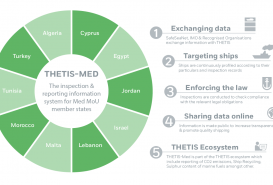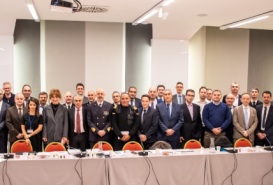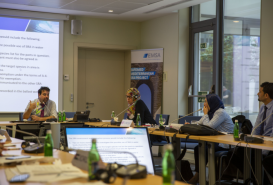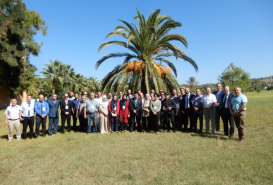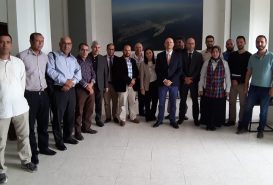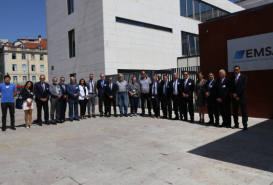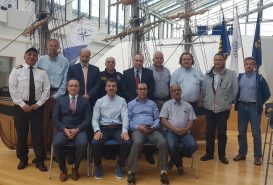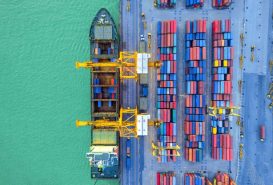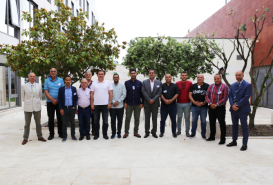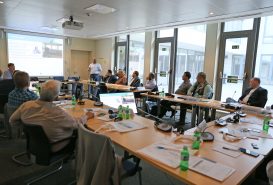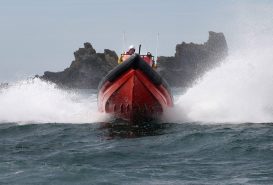EuroMed Transport Maritime Project (SAFEMED IV)
Project Duration
2017 - 2021
Budget
€4 million
Status
Ongoing
Brief Description
As maritime safety, maritime security and protection of the marine environment are common concerns of the EU MS and Non-EU countries bordering the Mediterranean Sea, EMSA is implementing a project for technical assistance bringing together national, European and international stakeholders with the aim to raise the safety, security and protection of marine environment standards.
Countries covered: Algeria, Egypt, Israel, Jordan, Libya, Lebanon, Morocco, Palestine, and Tunisia
Objectives
With a view to implement the maritime aspects of the UfM Regional Transport Action Plan 2014-2020, the overall objectives of the project, are:
- improved maritime safety;
- improved security of ships and port facilities;
- reduced pollution to the marine environment;
- improved level of maritime training and qualification of seafarers;
- improved living and working conditions on board ships;
- improved cooperation between institutions and agencies with related competencies in coast guard functions in the Mediterranean to facilitate multilateral cooperation on a wide range of issues such as maritime safety, security and environmental protection activities.
Actions in brief
- improved capacity of the national maritime administrations to ensure that they effectively and consistently discharge their obligations as flag States;
- international mandatory instruments in the most up-to-date version transposed in national laws of the beneficiary countries;
- increased approximation to EU practises and acquis in these fields;
- improved cooperation among beneficiaries’ competent authorities and with the EU MS and EU institutions;
- enhanced harmonisation between PSC MoUs as well as improved harmonisation of PSC inspections in the Mediterranean Sea region;
- improved capacity of competent authorities of the beneficiary countries to monitor and control maritime traffic in the region
- improved traffic-monitoring of the waters of the beneficiaries, i.a. through the enhancement of their T-AIS national networks and that of the region;
- improved sharing of traffic information;
- improved capacity to prevent, detect and respond to marine pollution; i.a. through the access to the CleanSeaNet system;
- improved control and response to marine environmental pollution;
- beneficiaries incentivised to ratify and enabled to give full implementation to the MLC 2006 requirements;
- enhanced implementation of the STCW convention requirements as well as the ISM Code;
- improved institutional capacity to give full implementation to the ISPS Code requirements;
- Beneficiaries’ institutions and agencies with coast guard functions supported to cooperate within the defined regional framework (Mediterranean Coast Guard Functions Forum – MCGFF).
News
Newsletter
Subscribe to receive our latest updates
News alerts
Personalise your news alerts subscription
© This project is funded by the European Union, 2025
